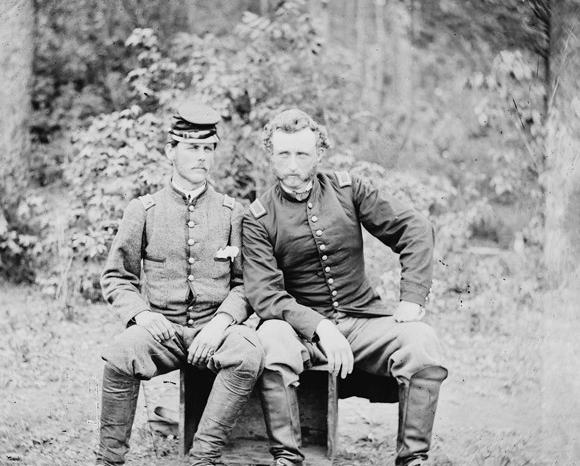

With time, however, this hostility faded and all four returned to the United States. It finally took an intervention from their father to prevent a fistfight between the Japanese and American branches of the family. This ill feeling extended even into their own family.

Unfortunately, they experienced mistrust from both sides-they were discriminated against by some Americans for their ethnicity (which allegedly went to such lengths as Harry having his weapon confiscated prior to a parachute drop), while in Japan they were seen as traitors. Ken worked on propaganda out of Burma while Harry saw active service in New Guinea and the Philippines before they were both stationed in Japan after the war. Back in Japan, their two younger brothers were eventually conscripted, with Saburo acting as a spotter for kamikazes and 15-year-old Shiro interviewing recruits at a naval base. Harry and Ken, having returned to America to seek employment, found themselves interned after Pearl Harbor before jumping at the chance to serve in Military Intelligence. The Akune brothers were all born or raised in the United States-where their father operated a grocery business-but they returned to their ancestral Japanese home after the death of their mother. Ultimately, he was expelled from parliament in 1648 and died shortly thereafter, though he remains somewhat notable as an antiquarian and diarist. Richard died early in the war in 1643 as a Royalist lieutenant-colonel, while Simonds became increasingly disillusioned, particularly after witnessing the execution of two women who were protesting for peace. This was mainly on account of Simonds’s severe Presbyterianism and perception that “ atheism, profaneness and ignorance now reigns.” The Stuart dynasty was widely mistrusted for its supposed Catholic sympathies (Charles’s son, James II, got kicked off the throne in 1688 for his Catholicism). Surprisingly, it was the conservative Simonds who found himself supporting the Parliamentarians, despite being given baronetcy by the king. By the time of their father’s death in 1631, the two brothers had remarkably different characters-Simonds had become a staid lawyer while Richard was lighthearted and adventurous. Richard D’Ewes was set along a different path than his elder brother when he lost the steadying influence of his mother at the age of three. Sometimes, for reasons of ideology, politics, honor, emotion, or simple geography, siblings can find themselves on opposing sides of a war, or even facing each other over the same battlefield. Particularly unfortunate, however, is when it destroys families.


 0 kommentar(er)
0 kommentar(er)
